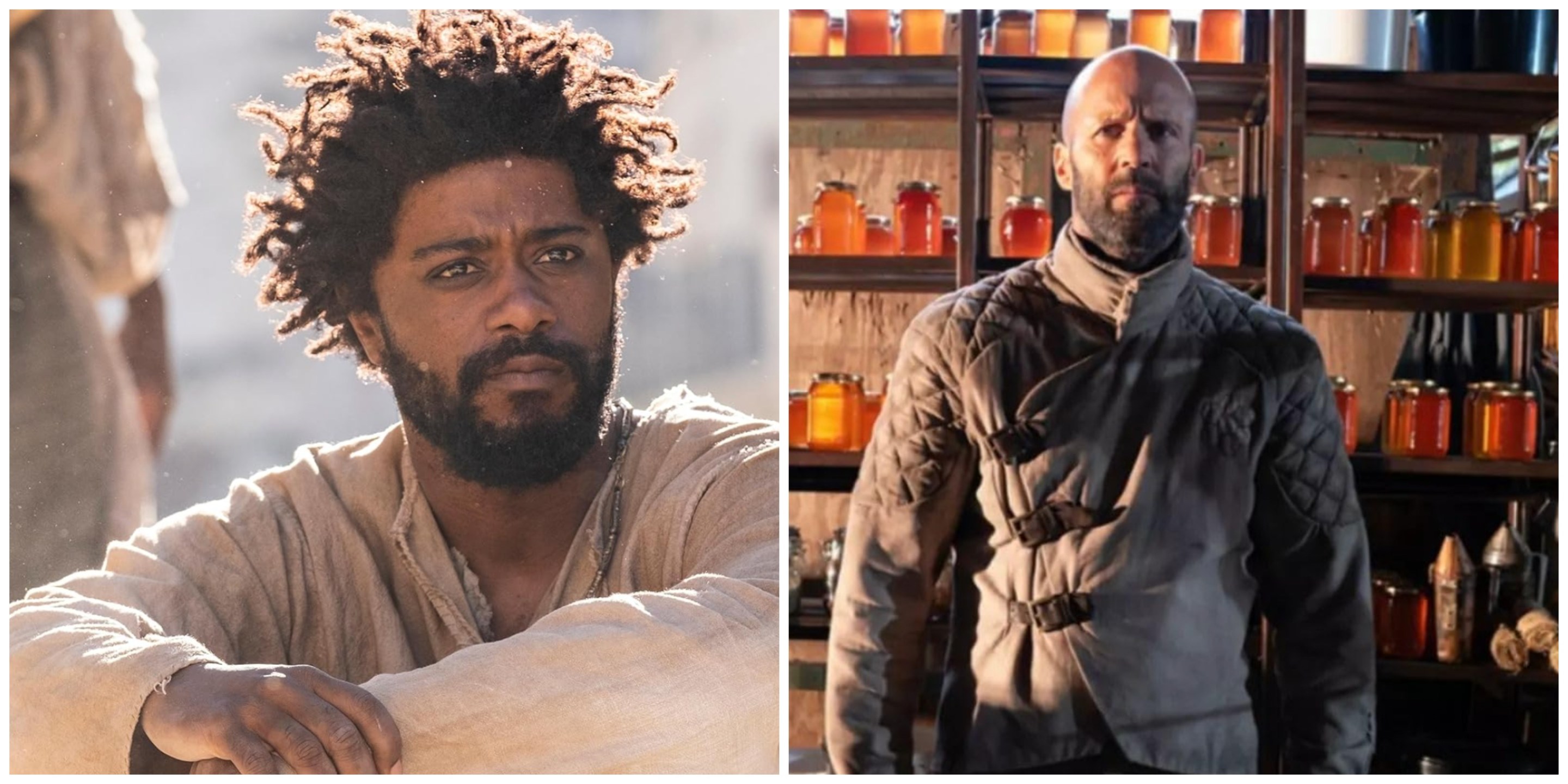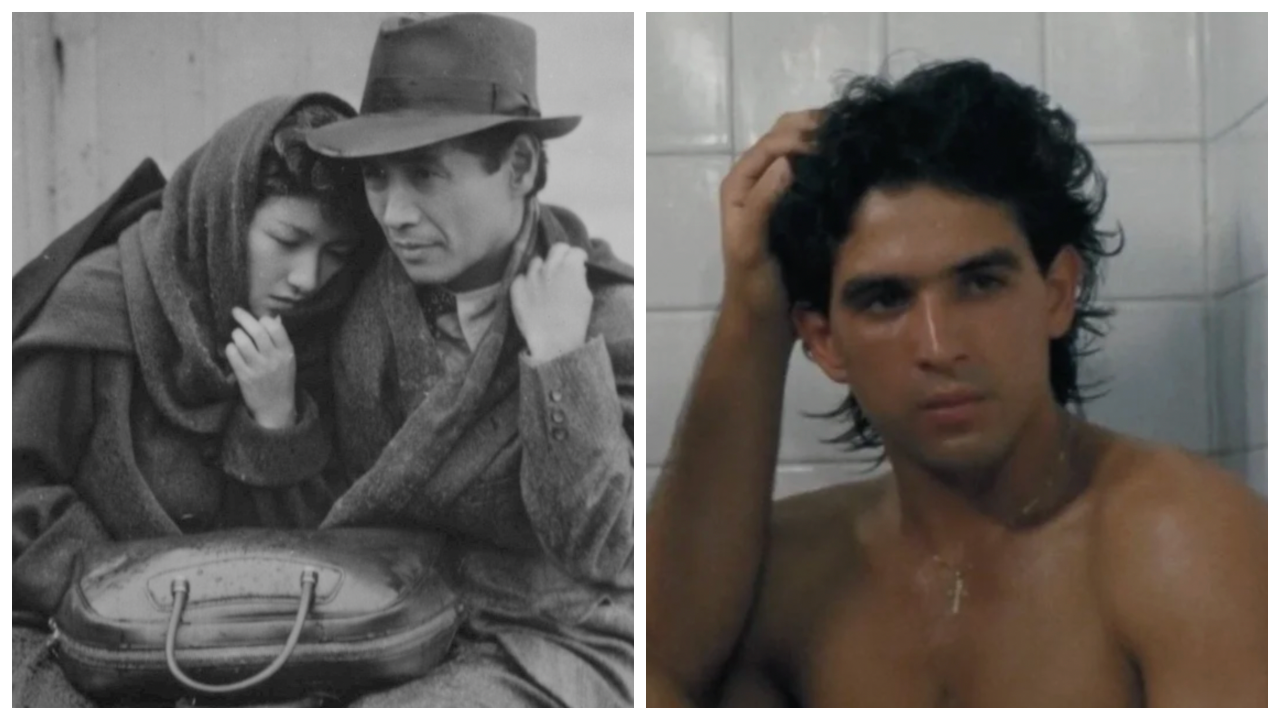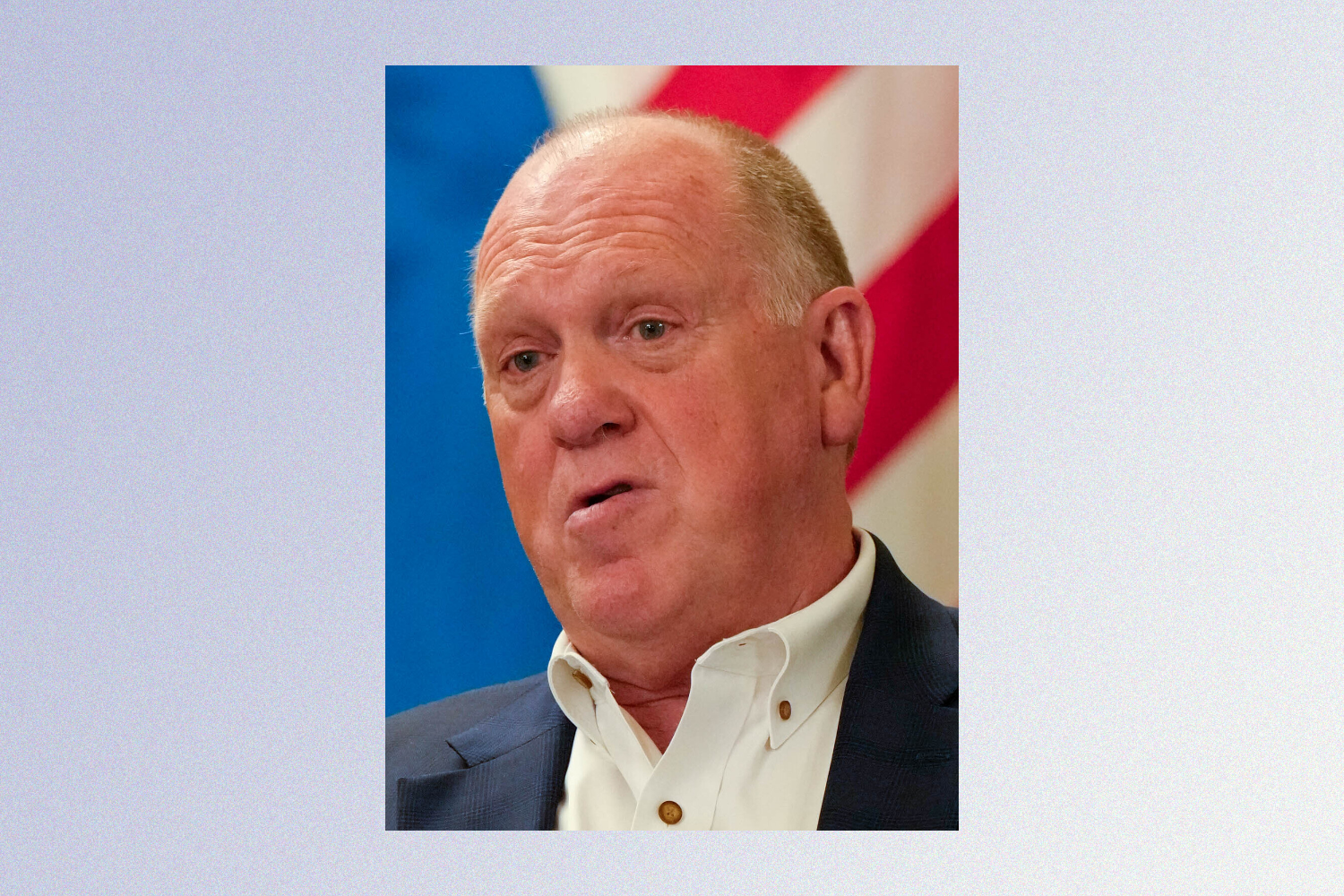David Ayer couldn’t make a bad movie if he tried—and believe me he’s tried. I know that phrase is usually meant as a compliment, but no, I mean the journeyman director lacks the skill to make even a bad movie. A mediocre one? Sure, he’s churned out plenty. But the new Jason Statham vehicle, The Beekeeper, demonstrates yet again that a solid idiotic 90 minutes of entertainment is beyond the capabilities of the guy who helmed Suicide Squad.
That sucks, because the premise of The Beekeeper should be a slam dunk for a brainless action flick: Statham is a (you guessed it) beekeeper who swears vengeance on scam artists that target the elderly—and he’s also a Beekeeper, a member of a secret government org of unstoppable killing machines. (Hell, let Statham keep a diary and you’ve basically got a Paul Schrader plot.)
What’s more, The Beekeeper was written by the same guy who handled the scripts for Total Recall, Point Break, and Children of the Corn. OK, it’s actually the guy who wrote the 2010s remakes of Total Recall, Point Break, and Children of the Corn, but he does give Statham wonderfully moralistic lines like “Taking from an elderly person is just as bad as stealing from a child—maybe worse” to deliver in that iconically garbled deadpan. (Just in case anyone in the audience thinks scamming seniors is actually cool.)
At the start of the film, the Beekeeper (his name is Adam Clay, but why get fancy here?) has been maintaining his hive on the property of an older woman named Eloise (Phylicia Rashad), who occasionally cooks for him. (“No one’s ever taken care of me before,” Statham tells her, nearly acting.) But one day while he’s collecting honey from his combs, Eloise calls a number that pops up unexpectedly on her laptop and, in a scene brought off with all the dramatic flair of a PSA instructing seniors how not to use computers, she falls into the clutches of some evil phishing bros. Swindled out of her life savings, Eloise immediately does what any of us would do in the situation, calling her bank to—haha no, she blows her brains out.
With that, it’s on. In his Carhartt jacket, ball cap, and rusty pickup, The Beekeeper is a working-class hero out to avenge us average poors against the slick elites. He finds the call center that duped his friend, cracks a few skulls, douses the room in gasoline, and sets an explosive to go off when they receive their next phone call. In retaliation, the center’s peeved supervisor, a sort of B-movie Jordan Belfort, gathers up some pros and fucks up the Beekeeper’s hives. Bad idea, guy who soon dies. (“You want crypto NFTs?” he offers his tormentor in a desperate plea to be spared.)
But that call center is just one of many, and The Beekeeper is out to bring the whole network down. That network is masterminded by Derek Danforth (Josh Hutcherson), a petulant and spoiled tech bro with Y2K boy-band hair who skateboards through his office. Handling his security detail is a former federal spook (Jeremy Irons, suitably patrician but not nearly campy enough) who dispatches teams of expert killers to be slaughtered by The Beekeeper. “You literally ran the CIA,” Danforth blurts in frustration at his advisor, who dismisses the kid’s business dealings as a “multiverse meth lab.” Eventually we learn the truth about Derek’s schemes: A politician has been using money stolen from the elderly to fund election campaigns—which, given the current state of our politics, seems like a relatively benign crime.
Since The Beekeeper is essentially invulnerable, the plot, such as it is, turns on who’ll get to Danforth first—the assassin, who wants him dead, or the FBI, who just want to arrest him. Emmy Raver-Lampman shows up in sporadically irritating intervals as Eloise’s daughter, an FBI agent determined to take these scammers down, but (all together now) by the book.
Along the way there are some imaginative bits, one involving a seat belt and another where a stapler becomes a torture device. In one of the funnier moments, The Beekeeper’s machine-gunning replacement is sent to eliminate him, and he offs her in record time. But Ayer has no knack for filming action, and The Beekeeper fights too many faceless goons until Taylor James finally shows up as the one-legged, intricately bearded Australian final boss.
OK, I know what you’re thinking; “That sounds like a total blast!” And it does! I giggled as characters stated “he’s a Beekeeper” in increasingly ominous tones, or when Statham invariably and robotically responded, “I’m the beekeeper. I protect the hive,” when asked to identify himself. But it… wasn’t? For sure, a midday critics’ screening isn’t the right setting for a Statham headbasher, and maybe a whooping crowd carries The Beekeeper over its rough patches. But I couldn’t help but feel that a movie this dumb really should be a helluva lot more fun.
Jeymes Samuel, on the other hand, is vexatiously distracted by his quest for greatness. He can execute certain moments brilliantly—a rock hurled toward the camera in Samuel’s latest, The Book of Clarence, had the audience ducking like it was an onscreen train in 1895, while a dance sequence had us boogieing in our seats. On the other hand, lord does this man love pointless overhead shots. When his films succeed, it’s less due to technique or substance than to the sheer audacity of his vision. Samuel is a director who just wants to do things.
His ambitions are easy to get behind. For 2021's The Harder They Fall, Samuel wanted to work with an all-star cast of Black cowboys. Now he wants to make a nearly all-Black faux Biblical epic. Who among us wouldn’t want to stage a chariot race through Jerusalem? But in an attempt to achieve the dramatic effects he grasps for, Samuel over-relies on the gravitas of his actors’ faces. In The Harder They Fall it was Jonathan Majors and Idris Elba. It’s LaKeith Stanfield’s turn in The Book of Clarence.
Stanfield is a leading man for our time. Though innately charismatic, with eyes that modulate between thoughtful and sad and stoned at mysterious intervals, he seems most comfortable, as on Atlanta or in Uncut Gems, providing subdued ironic commentary from the margins of a story. When, in Boots Riley’s 2018 gonzo leftist romp Sorry to Bother You, he staggered into the spotlight with a “wait, who, me?” demeanor, it was as though he was expecting that if he just kept his cool maybe the camera would move on to someone else. No one does practiced but effortless unease like Stanfield.
So when I tell you that The Book of Clarence begins with Stanfield’s crucifixion, you can practically see the look on the actor’s face. You halfway expect a record scratch, a freeze frame, and a “Yep, that’s me.” And in a way, the rest of the movie is Clarence’s explanation of how he, of all people, wound up on the cross. But despite some great comic moments, some brutal action scenes, and a great cast, the writer/director’s ideas about race and spirituality never quite jell.
Clarence is a 33 A.D. weed dealer and slacker who wants to make something of himself—to “be the body, not the shadow,” as he puts it. But he’s in debt to a local kingpin, Goliath (Chidi Ajufo), and it doesn’t help matters that he’s also stuck on the thug’s sister (Anna Diop). To earn protection, he hopes to enlist as a thirteenth apostle (pronouncing the “t”), but when Jesus’s gang, including Stanfield’s twin brother Thomas (Stanfield again), rejects him, he decides to be his own messiah. Clarence fakes miracles, touts a gospel based on the maxim “knowledge is stronger than belief,” and the shekels come rolling in.
He also draws the attention of the Romans, who, in keeping with Hollywood tradition, are simpering and British. They’re also the only whites in Jerusalem, aside from a filthy beggar (Benedict Cumberbatch, who gamely accepts the role of a sight gag). But Clarence is a small icthys in Jerusalem’s big pond, and the Romans only target him in an effort to land Jesus. As played by Nicholas Pinnock, the true messiah (also Black) has some incredible magic tricks not enumerated in any of the parts of the Bible I’ve read—it’s like how whenever Darth Vader shows up in the Disneyverse Star Wars he has new and improved superpowers.
With Stanfield’s opaque saint-as-sinner aura at its core, Clarence is an amusing mess for most of the way, though eventually its theological and dramaturgical murk pulls it down. (Sorry to nitpick, but if you’re going to confuse the Immaculate Conception and the Virgin Birth, it should at least be for the sake of a better joke than the one Clarence cracks here.) Even the comedy’s not always as crisp as it could be, and while the shambling mood could work for episodic satire, the groundwork for Clarence’s come-to-Jesus moment just isn’t laid. Samuels is too focused on certain details to bother with others, and balance of tone doesn’t even seem like a consideration. Ultimately, the problem with The Book of Clarence isn’t that Samuel hasn’t decided whether he wants to make The Life of Brian or The Greatest Story Ever Told. It’s that he seems to think he doesn’t need to choose.
GRADES
The Beekeeper: Bee Minus
The Book of Clarence: B-
The Book of Clarence and The Beekeeper are now playing in area theaters.






